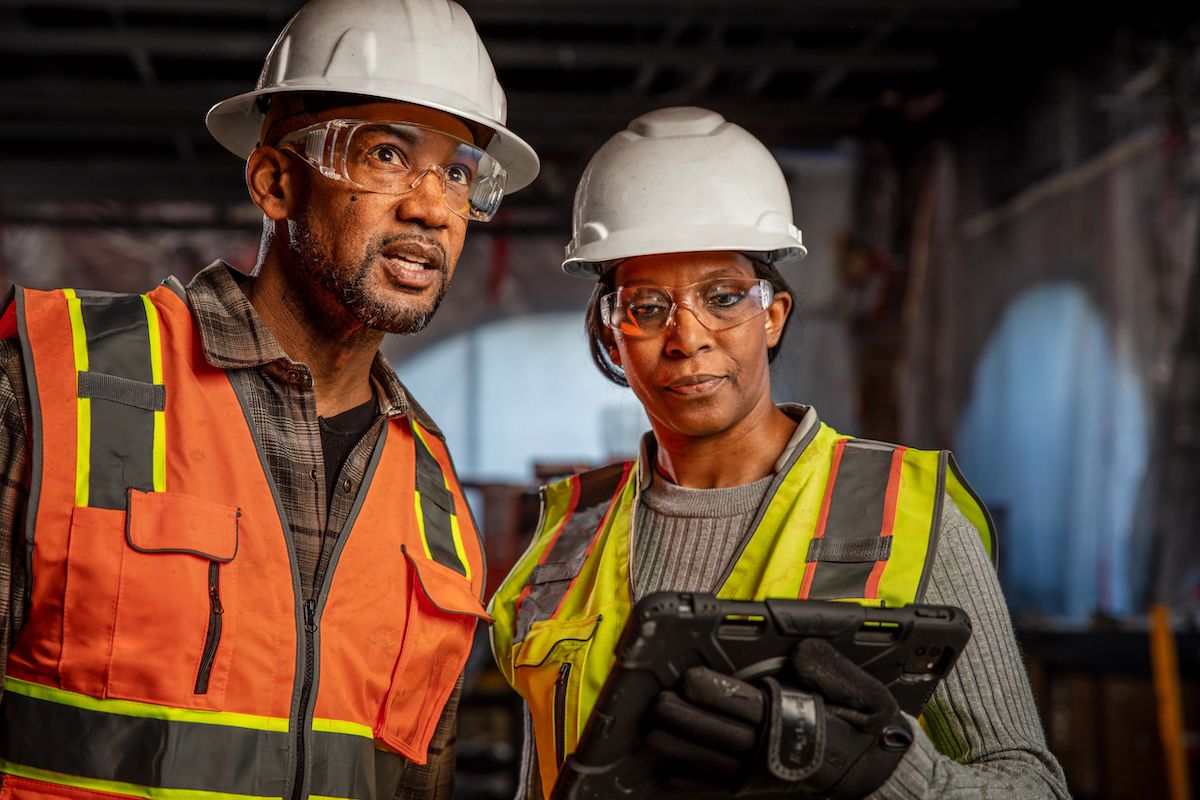New Approaches to Construction Workforce Development

The construction industry has a problem: a growing need for more new housing and infrastructure and not enough skilled professionals to do the work. According to estimates, companies need to hire more than 600,000 this year alone and more than 2.2 million over the next three years to meet demand. And according to the U.S. Chamber of Commerce, nearly 90% of contractors have experienced moderate-to-high levels of difficulty finding skilled workers.
There are many reasons for this, from increasing rates of retirement—more than 20% of construction workers is older than 55—to reduced immigration. And with greater automation and digitization in the industry, the construction jobs of the future will not be the same as the jobs in the past. So even if the industry can find the workers, new skills and approaches are required.
While there’s no simple solution, Autodesk has begun or joined a range of initiatives to help solve the problem, including launching the “Make It Real” program which aims to bring more young adults into the industry. We’re helping make skills-based education available in a range of formats, awarding microgrants for students that can be used to cover everything from tuition and equipment to transportation and childcare. We’re also sponsoring the “Make It Modular” student design challenge, which gives students the chance to test their skills with modular design strategies.
Build your knowledge and increase your insight about how to solve construction workforce challenges with these AU resources:
Learning Industrialized Construction from Experts in Industry and Academia
Taking an industrialized approach to construction is essential to making the industry more efficient, more predictable, and more sustainable. That means that the next generation of construction workers must be familiar with the technologies and processes that make industrialized construction possible. This panel shares how industry and academic institutions can work together to train students today for tomorrow’s construction jobs, so they can enter the job market with the skills they need.
DfMA and Modular Construction Continued - Methods for Workforce Training II
Design for Manufacturing and Assembly (DfMA) is an important aspect of industrializing the construction process. Building on workflows shared in their 2020 class, Diana Lee and John Russell share strategies for training and teaching MEP specialists and subcontractors these specialized skills.
Diversity Builds the Workforce of Tomorrow
One way to increase the number of skilled workers in construction is to recruit more women and minorities. Dr. Giovanna Brasfield shares how a diverse and inclusive workforce can also build greater team loyalty and increase innovation—exactly what the industry needs.
Becoming a True JEDI: Allyship for Justice, Equity, Diversity, and Inclusion
Increasing diversity in the construction industry can help to solve the labor shortage, but it’ll take change both in individuals and in the broader industry. This panel of construction professionals shares how anyone can become an ally to minorities and women in the industry and ultimately create stronger, more inclusive teams.
UK Government backs a Platform approach to industrialized construction
With governments around the world beginning to mandate digitized and industrialized approaches to construction, this industry talk looks at what’s required to train the next generation of architects, manufacturers, and program-level managers. How we can encourage optimized, repeatable designs that use standard components? And how can these learnings and processes can be shared with the industry at large?
Learn more about upskilling and the future of construction anytime at Autodesk University.




